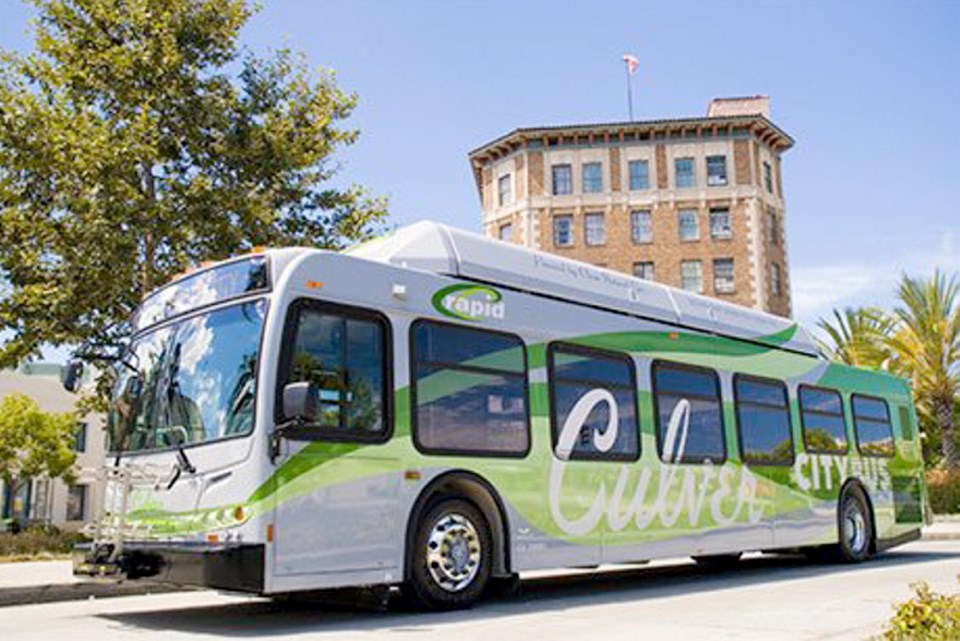Saanich Mayor Frank Leonard is once again unhappy with B.C. Transit, saying he is disappointed with the lack of information coming from the Crown corporation.
“It’s same old, same old,” Leonard said Friday.
He was reacting to a Times Colonist story reporting that Greater Victoria is among the municipalities in B.C. being considered for a pilot program that would add up to 50 new buses powered by compressed natural gas, or CNG. The buses are expected to have a 13-year lifespan and will replace retiring vehicles.
Leonard sits on the Victoria Regional Transit Commission, responsible for voting on local routes and fares.
B.C. Transit spokeswoman Meribeth Burton said local government consultation is planned. “We definitely want municipal buy-in before we go to any community. It won’t happen if we don’t have it.”
B.C. Transit’s board of directors is aware of the plan to purchase the new buses, she said. Transit wants to buy 25 CNG buses at first and may order another 25.
Each bus would cost $30,000 to $50,000 more than a conventional low-floor bus, which typically comes in at $480,000, Burton said. Maintenance costs are higher for these buses but fuel costs are lower than the diesel fuel used for the majority of the fleet. CNG buses discharge lower amounts of greenhouse gases.
The new buses are being considered for Greater Victoria, Nanaimo, Prince George, Kelowna, Kamloops, and Whistler. .
Transit is aiming to choose a municipality in January and then launch discussions, she said.
An independent panel was appointed by the province to investigate the relationship between B.C. Transit and local governments following concerns cited by some mayors and locally elected officials. This report issued in August included 18 recommendations and noted that that inconsistent communication was one of the main issues raised.
As far as a better relationship with local governments, “It looks like it hasn’t happened,” Leonard said.
“At the next commission meeting, I would hope we would get an update as a courtesy,” he said.
The next Victoria Transit Commission meeting is Jan. 22.
“It should have been an agenda item and the commission should be discussing the pros and cons of this bus versus a conventional (bus), and what the budget impacts would be,” Leonard said. He likened B.C. Transit to a contractor without oversight.
Leonard’s complaints follow his criticism of Transit for putting a contentious new 23-seat shuttle bus on display last month.
The bus is a hot-button subject in a continuing labour-management dispute between B.C. Transit and union workers.
Citizens pay for B.C. Transit operations through provincial government funding, property taxes and fares.
B.C. Transit has issued a request for proposals for a company to supply 25 CNG buses in 2014, with the possibility of a further 25 ordered for the following year. The opportunity closes Feb. 15. Proposals will be judged by a B.C. Transit evaluation committee.
All CNG buses would be located in one community. They are fuelled by cylinders of natural gas fixed to the top of the bus. Each bus can travel 650 kilometres before refuelling is required, Burton said.
FortisBC, the utility delivering natural gas in this province, does not have a fuelling station in the Victoria area. No date has been set yet but a tender to provide a fuelling station for the CNG buses is expected to be issued in the near future, she said.



